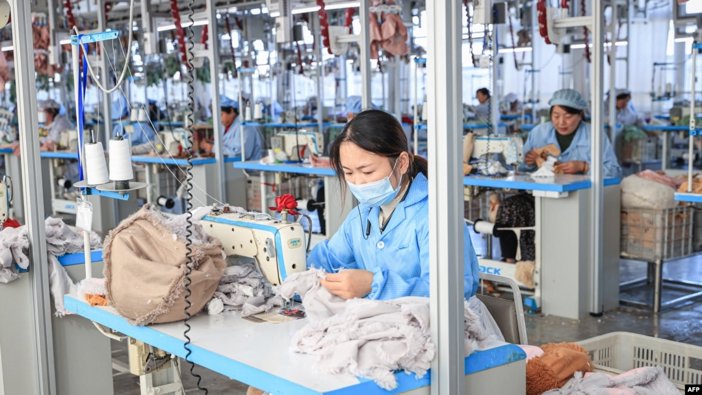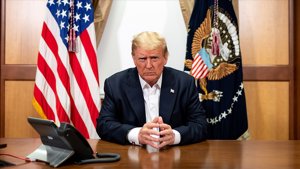
Chinese Exporters Skirt Trump Tariffs
Chinese companies are reportedly exploiting trade routes through third countries to bypass tariffs imposed by United States President Donald Trump, according to a Financial Times report. Citing unnamed sources, the publication revealed that exporters from China are rerouting their shipments through Southeast Asian nations such as Malaysia, where customs enforcement is perceived to be more lenient.
These alternative pathways allow Chinese firms to evade direct levies on their goods by disguising the origin of products, effectively undermining the intended economic pressure of the U.S. tariffs. Another tactic reportedly involves mixing high-value items with lower-cost goods, thereby reducing the average duty imposed on the shipment.
The revelation has prompted a reaction from regional governments. Both Thailand and Vietnam have urged their respective customs authorities to tighten inspections and regulatory oversight. Officials are particularly focused on detecting transshipments—goods that enter one country temporarily before being rerouted to another destination such as the United States.
The developments highlight the ongoing complexity and evolving nature of global trade tensions. As Trump’s administration continues to enforce aggressive tariff policies aimed at countering Chinese economic practices, companies are seeking increasingly creative methods to mitigate financial impacts. In turn, the effectiveness of these tariffs may hinge on how regional partners cooperate to enforce international trade rules.
The report underscores the challenges in ensuring tariff compliance in a globalized supply chain, and the potential for secondary nations to become hotspots for circumvention strategies.






